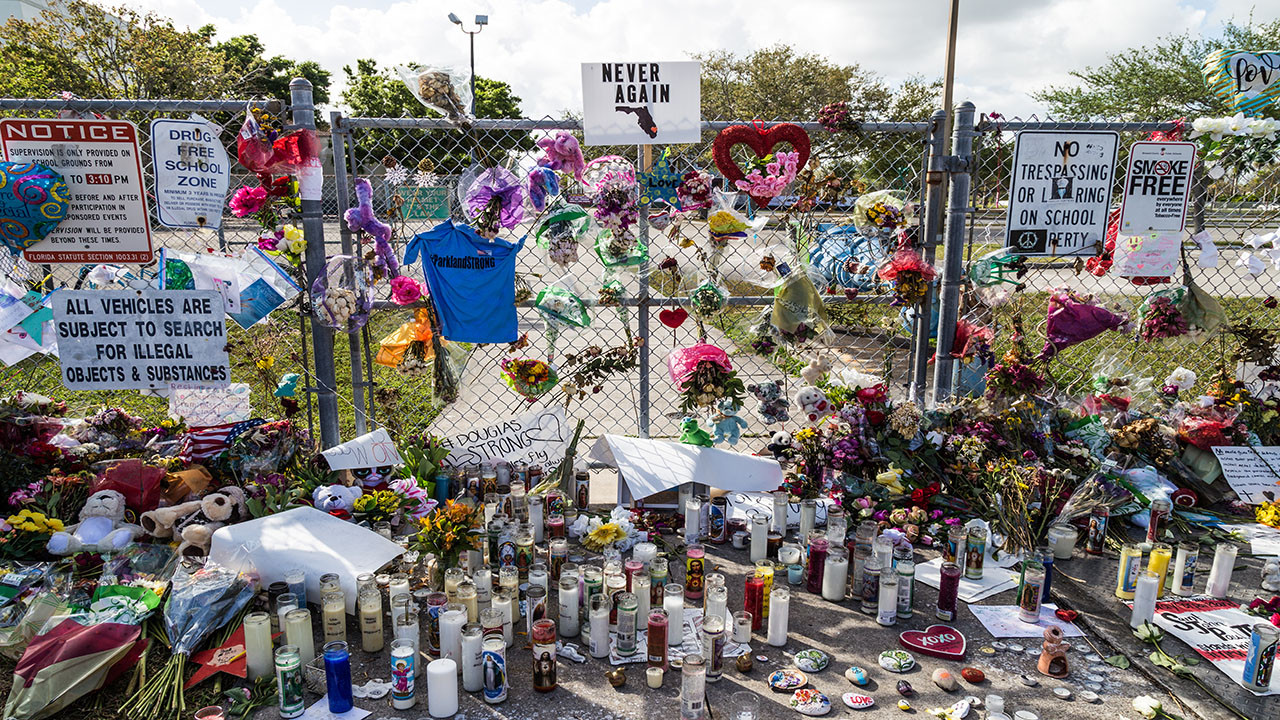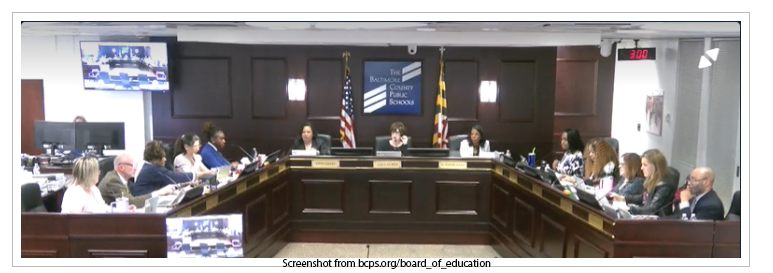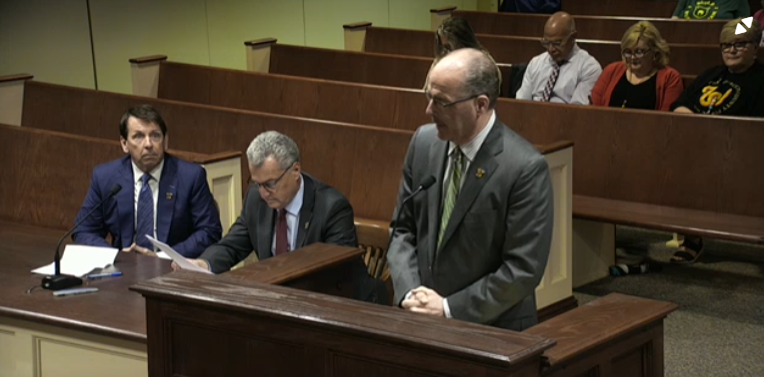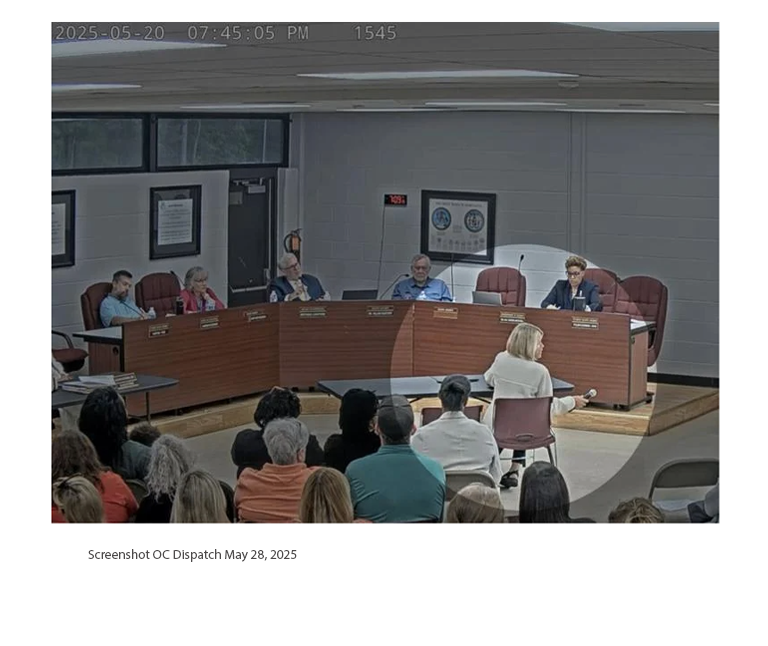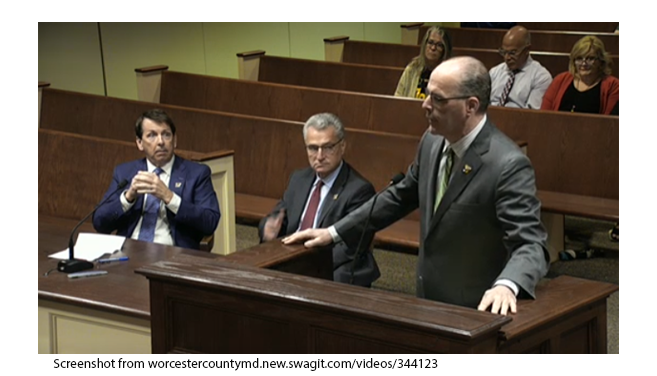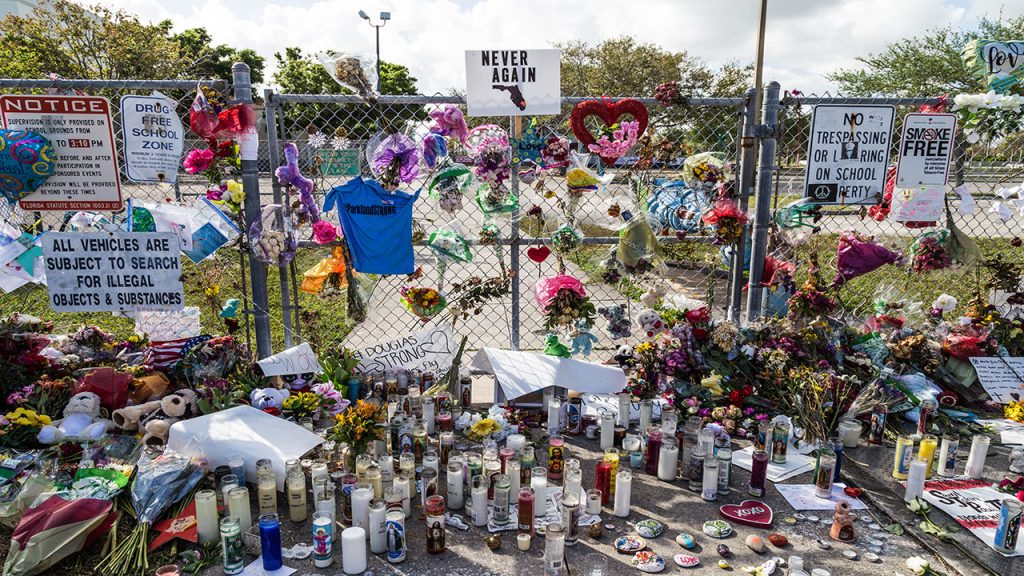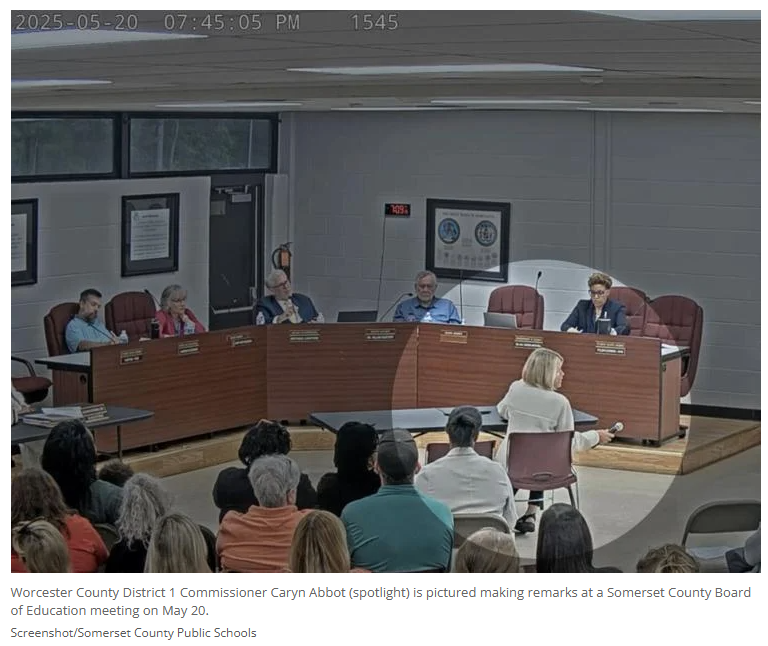
Approval of Nation’s 1st Religious Charter School Will Spark Legal Battle
Oklahoma’s approval of the nation’s first Catholic charter school lays the groundwork for a seismic boost in government aid to religion, but seems certain to lead to a legal challenge likely to make its way to the U.S. Supreme Court.
“It’s hard to think of a clearer violation of the religious freedom of Oklahoma taxpayers and public-school families than the state establishing the nation’s first religious public charter school,” Rachel Laser, the president and CEO of Americans United for Separation of Church and State, said in a statement. “This is a sea change for American democracy.”
Oklahoma Gov. Kevin Stitt, a Republican who strongly supported the proposal by the Roman Catholic Archdiocese of Oklahoma City and Diocese of Tulsa for the St. Isidore of Seville Catholic Virtual School, applauded the 3-2 approval vote Monday by the Oklahoma Statewide Virtual Charter School Board.
“This is a win for religious liberty and education freedom in our great state, and I am encouraged by these efforts to give parents more options when it comes to their child’s education,” Stitt said in a statement. “With the nation watching, our state showed that we will not stand for religious discrimination.”
‘Competing and compelling visions here’
The statewide virtual charter board had weighed the application for several months, even rejecting it 5-0 in April, though that was a tactic to allow the school’s sponsors to respond to some issues with their application.
Although there were concerns about how the school would address special education students and general matters of state oversight, the largest debate centered around the legality of a charter school with a religious curriculum.
“There are compelling and competing visions here,” board member Scott Strawn said at Monday’s meeting as he announced his support for the application.
The board has received competing legal advice about the question before them. Oklahoma’s current attorney general, Gentner Drummond, a Republican, has advised that there is a “clear directive” under the state constitution that public schools be operated “free from sectarian control,” and a state statute requiring that charter schools—which are publicly funded schools operated independently of traditional school districts—be “nonsectarian.”
But Stitt endorsed an advisory legal opinion issued last year by then-Attorney General John M. O’Connor, also a Republican, that recent U.S. Supreme Court decisions authorizing the inclusion of religious schools in choice programs such as tax credits for scholarship donations and tuition assistance meant that a state likely would have to approve applications for religiously affiliated charter schools.
The representatives of the Catholic dioceses in Oklahoma cited O’Connor’s since-withdrawn opinion in their revised application.
“Any exclusion of religious schools from Oklahoma’s Virtual Charter Schools program would be unconstitutional,” the dioceses’ application states.
John Meiser, the managing director for domestic litigation of the Religious Liberty Clinic at Notre Dame Law School, appeared before the board Monday and argued the same point.
“There is no constitutional or establishment clause violation with using state money to support private religious education,” Meiser said. “Not only is there no problem with it, but in fact there is a very serious constitutional problem with opening up these neutral benefit programs and then denying religious schools to participate just because they’re religious.”
The board’s legal counsel, Assistant Attorney General Niki Batt, said, “When you’re looking at the First Amendment, if only it were so easy.”
“The heart of the matter is whether or not these are public or private schools, and that will ultimately have to be decided by the court,” she said.
Robert Franklin, the virtual charter school board chairman, cast his vote against the application, noting that approval would go against the current attorney general’s advice and that he did not believe the applicants had adequately addressed other concerns about the proposed Catholic charter school’s governance and management.
“I’m a hard no,” Franklin said. He was joined in opposition by board member William Pearson.
Strawn was joined in support by Nellie Tayloe Sanders and new member Brian Bobek, an Oklahoma City businessman who was appointed to fill a vacancy on the board last week.
Bobek said he believed that denying the charter application would be a violation of the First Amendment’s free exercise of religion clause.
After the vote, Franklin noted that the governor had just signed a bill that abolishes the statewide virtual charter school board and creates a new state board to oversee all charter schools in Oklahoma. He noted that the new law keeps language requiring charter schools to be “nonsectarian” and not affiliated with a religious institution.
At least one group is ‘preparing legal action’
In their revised application, the Catholic dioceses argue that charter schools in Oklahoma are not “state actors,” or acting with government authority. That is a potentially critical question as to whether charters are public schools, and one the Supreme Court might soon take up in a charter school case from North Carolina.
“We understand this is a divisive issue and one on which Oklahoma’s two most recent attorneys general have taken opposing views,” the revised application says. “Because [charter] schools are private actors, Oklahoma may not prohibit them from being religious.”
Americans United, a Washington-based group that has long advocated for a high wall of separation between church and state, wrote to the virtual charter board last week with a lengthy critique of the revised application.
“The unconstitutional and illegal aspects of St. Isidore’s application remain unchanged,” in the revised document, the letter said.
Besides the intent to follow a Catholic curriculum being in conflict with Oklahoma state law, St. Isidore will discriminate in student admissions and employment based on sexual orientation, gender identity, pregnancy, and other personal reproductive choices, asserted Americans United, which said it is “preparing legal action” after the board’s approval.
Nina Rees, the president and CEO of the National Alliance for Public Charter Schools, a Washington group that is a leading advocate for the charter school movement, issued a statement critical of the Catholic charter school’s approval.
“All charter schools are public schools, and as such must be non-sectarian,” she said. “Charter schools were conceived as, and have always been, innovative public schools that provide an alternative for families who want a public school option other than the one dictated by their ZIP code.”
Under the board’s action, St. Isidore would begin operating by the fall of 2024.
Dig Deeper With Our Longreads
Newsletter Sign up to get our best longform features, investigations, and thought-provoking essays, in your inbox every Sunday.
The MEN was founded by John Huber in the fall of 2020. It was founded to provide a platform for expert opinion and commentary on current issues that directly or indirectly affect education. All opinions are valued and accepted providing they are expressed in a professional manner. The Maryland Education Network consists of Blogs, Videos, and other interaction among the K-12 community.

